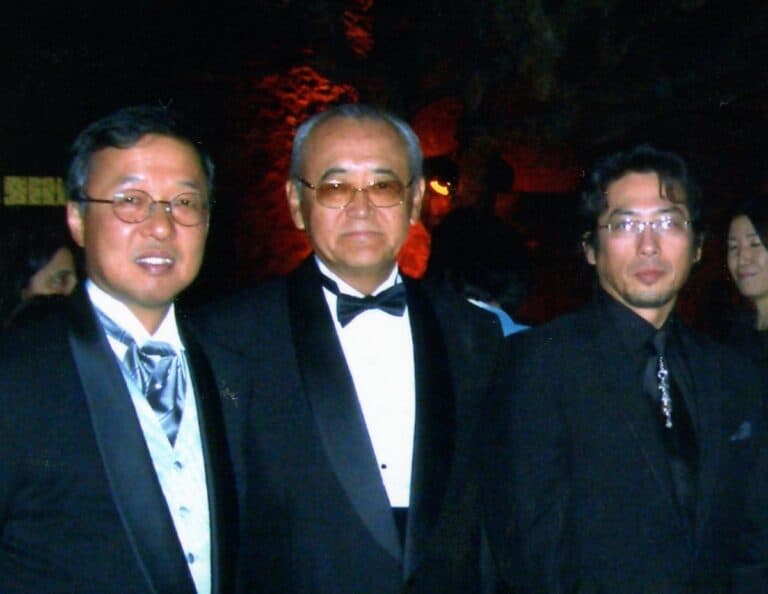Mikan from Peru: Japanese Origin Species Mikan Returning to Home

Release of mikan (Japanese mandarin oranges) from Peru: Mikan, the original Japanese species that went to Peru about 70 years ago, is returning home.
Many consumers are aware that Peruvian mikans have been exported to Japan since 2018. The Peruvian mikan export volume, which is increasing every year, reached about 4,500 tons in 2021, and more is expected this year.

The biggest attraction of Peruvian mikans is that they can be shipped in Japanese off-seasons. Since Peru is located in the Southern Hemisphere and the season is opposite to that of Japan, it is possible to harvest delicious mikans during the non-Japanese mikan season.
The story of a Japanese immigrant to Peru is hidden in the story of Peruvian mikans. Carlos Katsuo Fukuda was a Japanese man who emigrated to Peru in 1929. He visited Japan in 1953, and then brought the buds of the Satsuma mikan back to Peru, planting them in Huaral, about 81 kilometers from the capital, Lima. This Satsuma mikan is seedless, easy to peel, and easy to eat. Fukuda realized the potential of this citrus fruit due to these characteristics.
Fifty Satsuma mikan saplings were planted, and subsequently grafted to increase their numbers. It took five to six years for them to adapt to the climate of Peru and produce fruit. After that, the production of Satsuma mikans successfully expanded in the Peruvian market. Then, in 1985, the export of Satsuma mikans to the international market began.
Japanese immigrants in Peru ate the beloved Satsuma mikans, always feeling nostalgic for their homeland at the same time. Today, the trees continue to produce fruit with soft flesh and a juicy taste in Peru, and the mikans are exported back to Japan.
In Japan, you can easily buy them at supermarket chains such as Ito-Yokado, Life, Peacock, and York Mart. Enjoy the taste of “Peruvian Mikans, jewels of the sun” in the middle of summer and feel connected with a bit of history between Japan and Peru.
Read also









